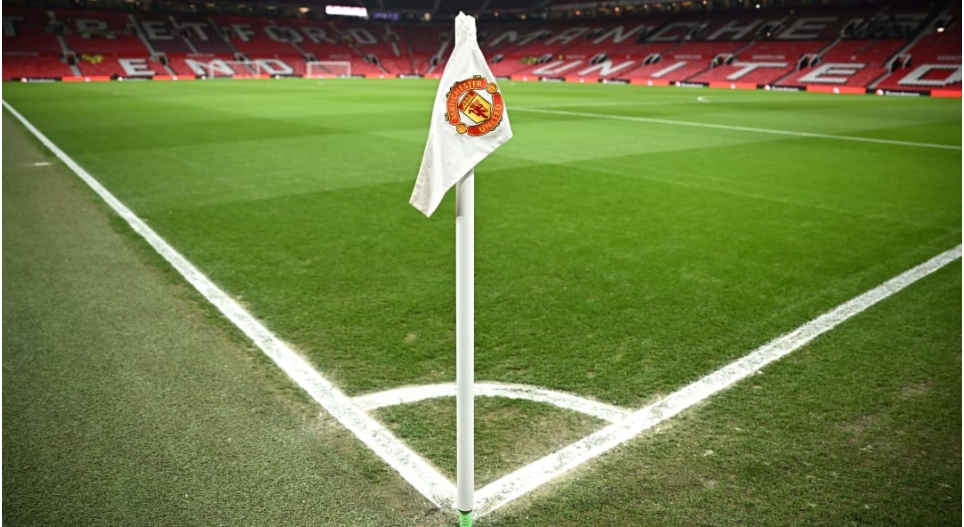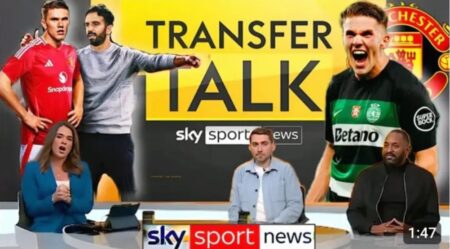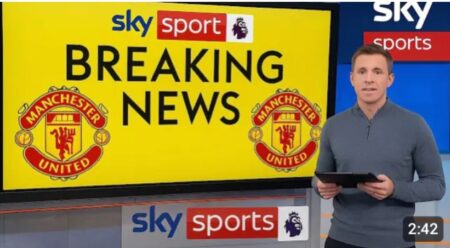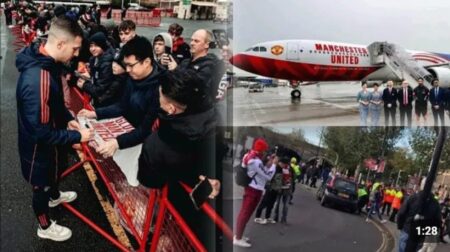Manchester United is on the verge of a major takeover led by Sir Jim Ratcliffe, the INEOS chief. However, this impending deal might stir more debate within UEFA.
As per the rules against owning multiple clubs, two linked teams cannot participate in a UEFA competition. This situation could prompt a discussion between Manchester United, being acquired by INEOS, and Ligue 1 side Nice, another club under INEOS ownership, performing impressively this season.

Amid concerns that the INEOS takeover could lead to a Champions League ban for Manchester United, it’s crucial to understand UEFA’s regulations concerning multi-club ownership. According to Article 5 of UEFA’s Champions League regulations, clubs participating in UEFA competitions are restricted from having any securities, membership, or involvement in the management or sporting performance of another participating club.
These rules aim to prevent a single entity from exerting control over multiple teams, especially in situations where these teams might face each other, raising questions about fairness.
The potential issue arises because INEOS already owns Nice. If their acquisition of Manchester United is completed, both clubs would fall under the same ownership umbrella. Should UEFA determine that two closely associated teams cannot compete, only one would be allowed entry into UEFA competitions. The preference would be given to the team finishing higher in their domestic league standings.
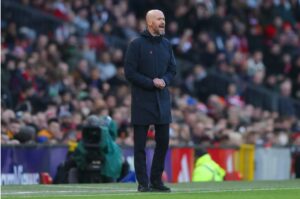
In the event of both clubs finishing at the same position, priority would be given to the team from the association ranking highest on UEFA’s access list. For the current season, England holds the top spot.
Nice is performing exceptionally well in Ligue 1, just a point behind league leaders PSG. If they maintain this position, Manchester United would need to finish second in the Premier League to gain UEFA priority over Nice. Failure to secure this position could put United at risk of a ban.
Adding to the complexity, the lower-finishing team might need to qualify for the Europa Conference League since UEFA rules prevent linked clubs from encountering each other. This adds pressure on both teams to secure European spots.
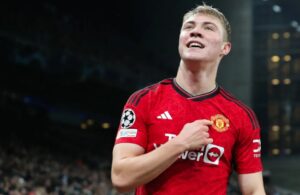
Despite concerns, it’s unlikely that Manchester United will face a ban from the Champions League. Discussions surrounding INEOS’ takeover likely involved finding ways to adhere to UEFA’s regulations. INEOS might explore options to retain ownership of both clubs, akin to the strategy adopted by Red Bull with RB Leipzig and Red Bull Salzburg.
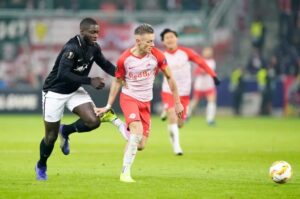
When both Leipzig and Salzburg qualified for the 2017/18 Champions League, UEFA investigated their shared ownership by Red Bull. Significant changes were made to sever any controlling influence between the clubs, including the resignation of key individuals with connections to both teams. This separation was pivotal in UEFA’s decision to allow both clubs entry into the Champions League, proving that two linked clubs can exist separately according to UEFA standards.
